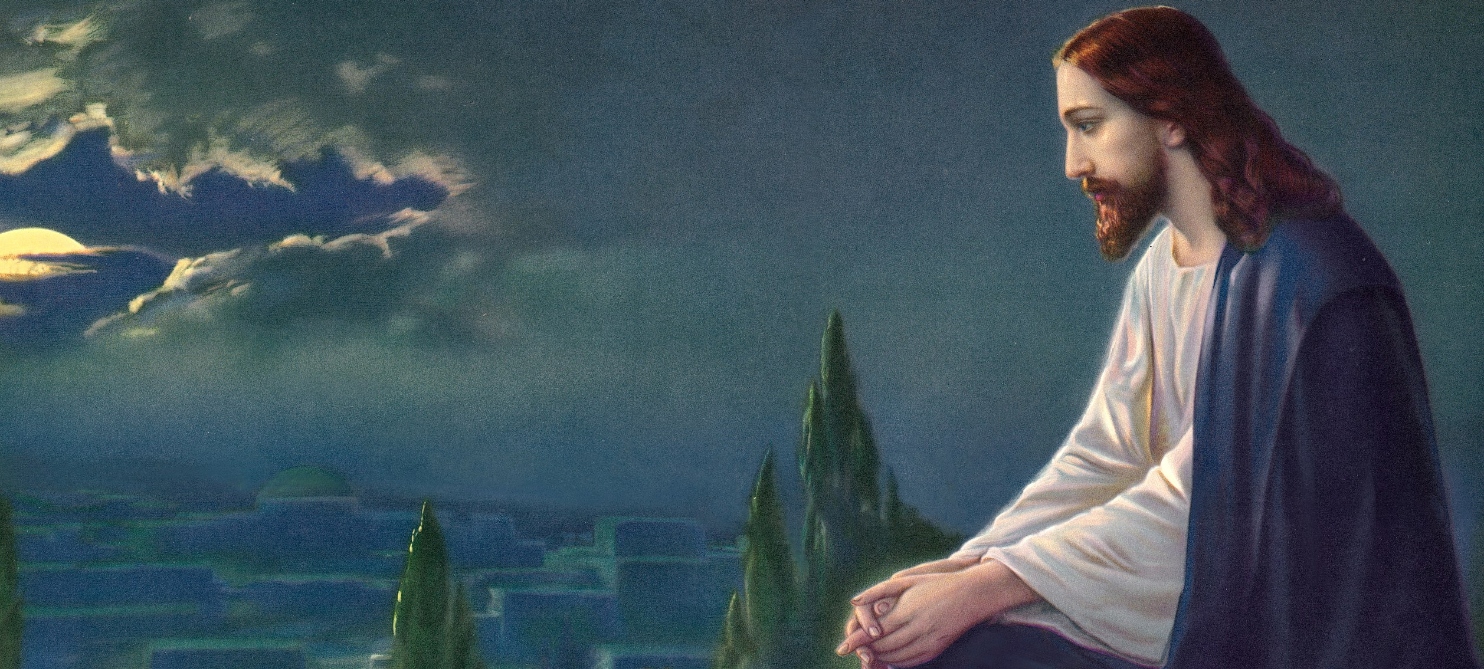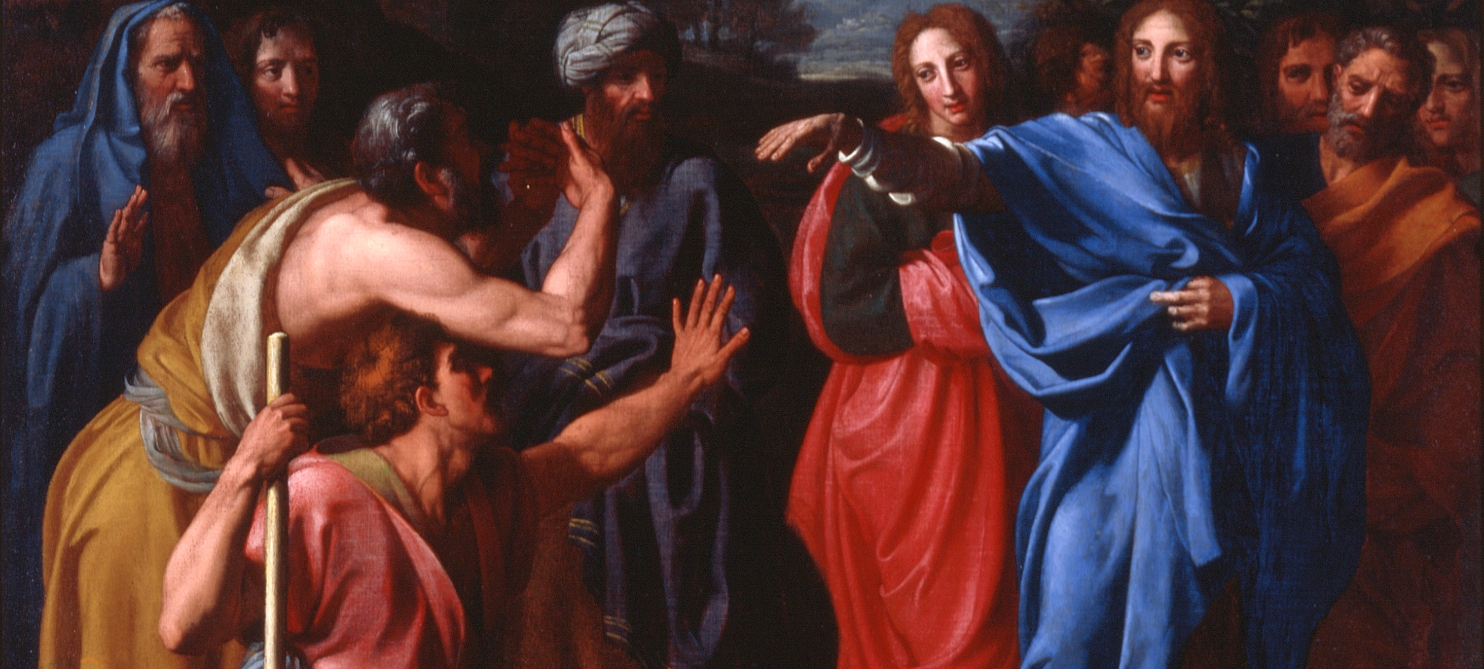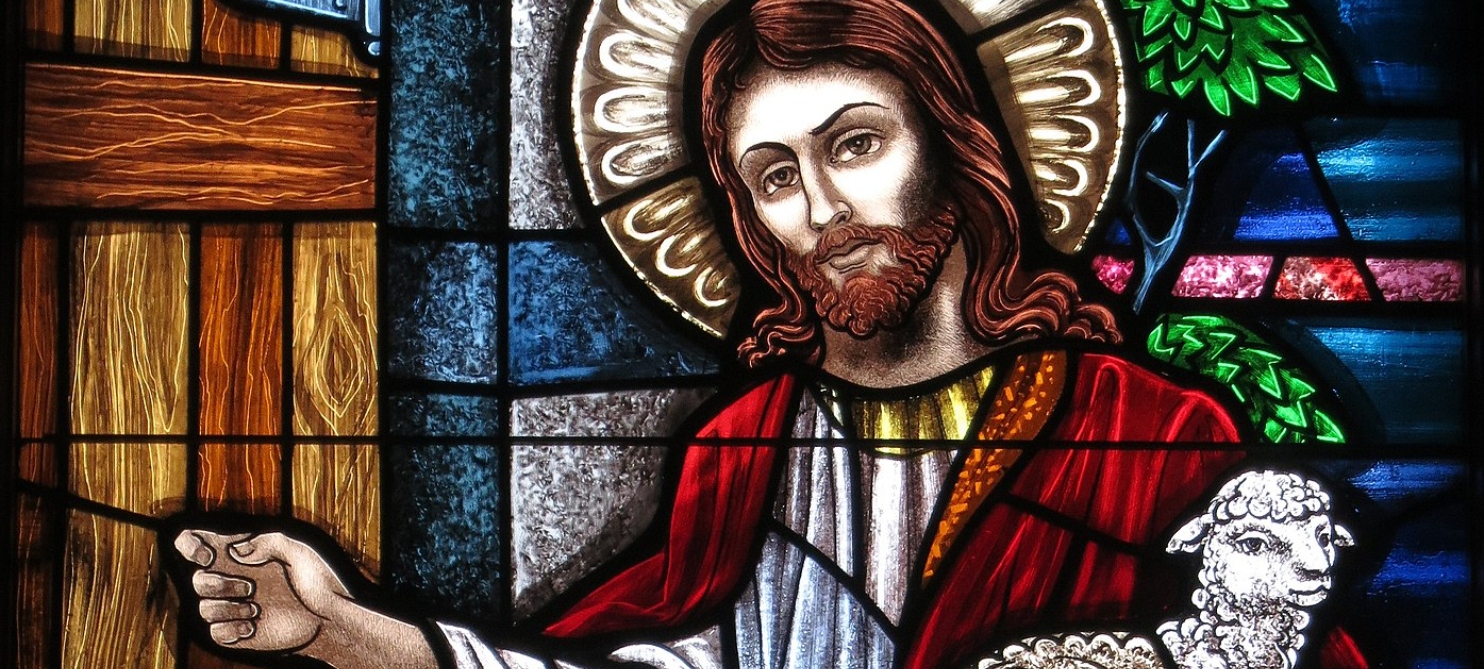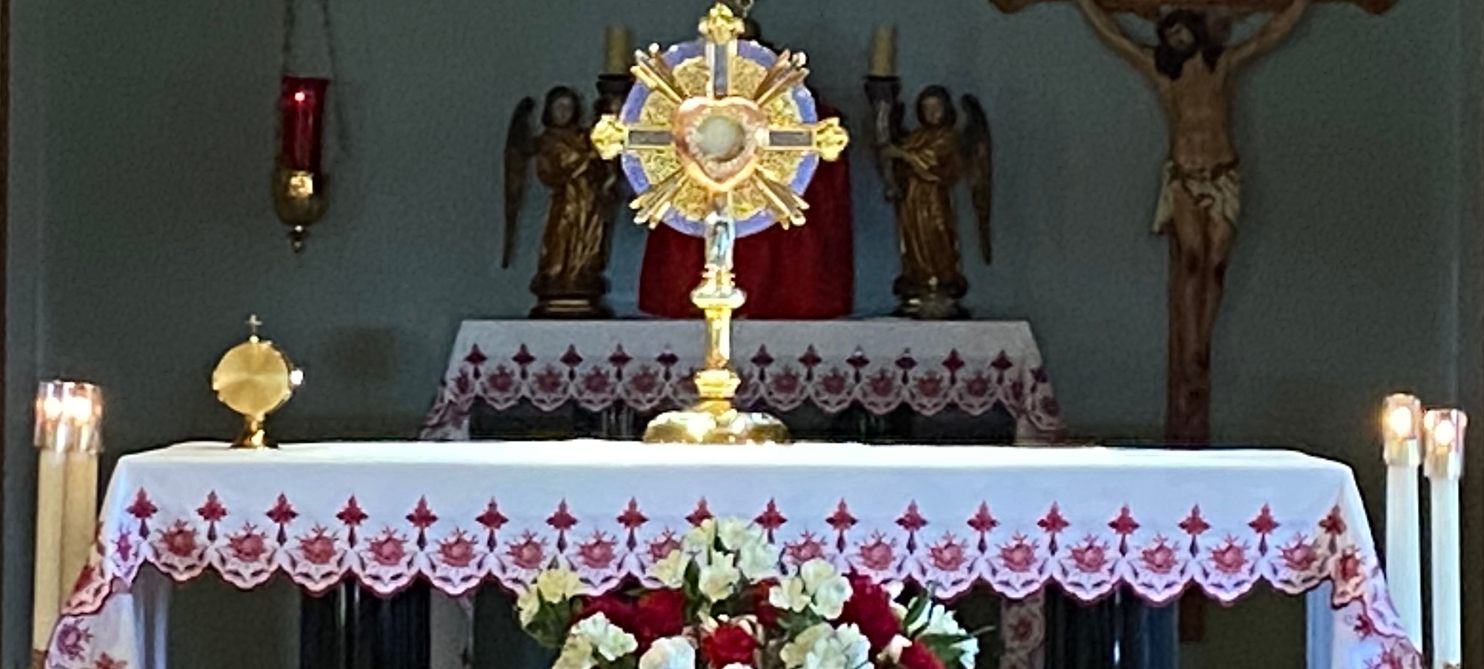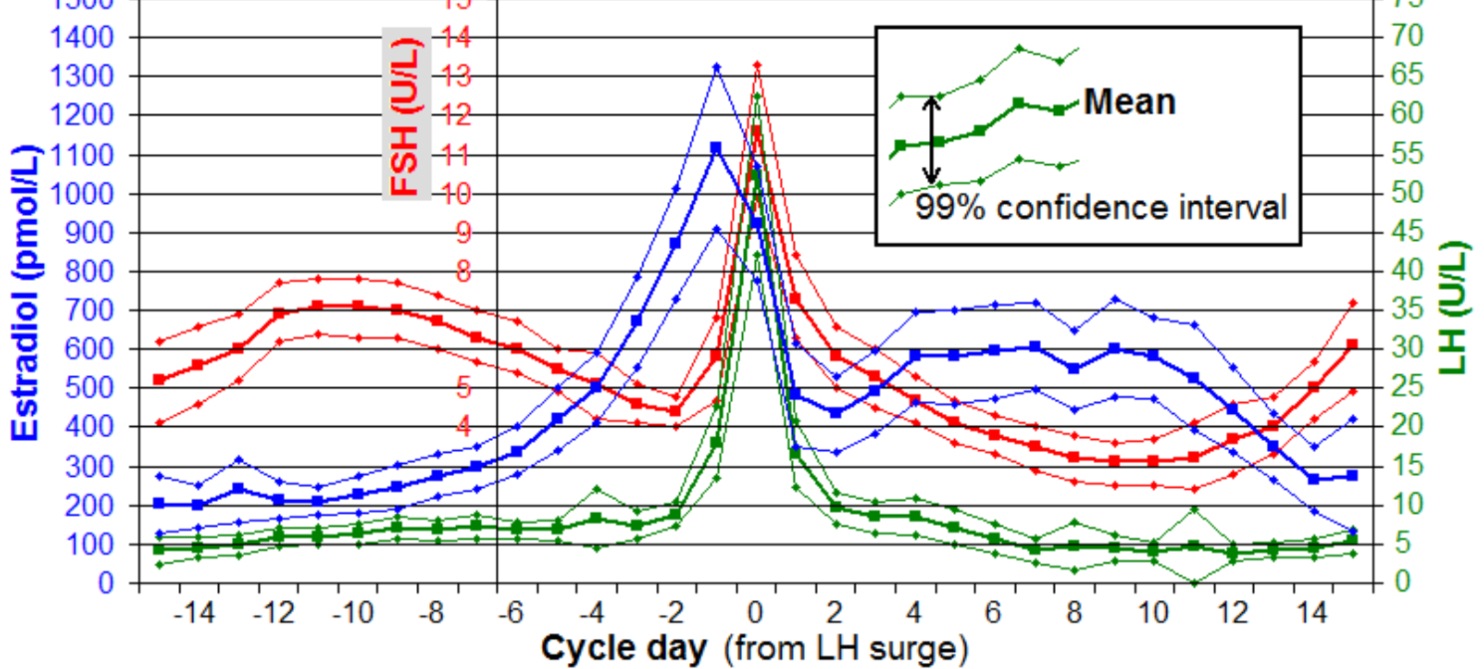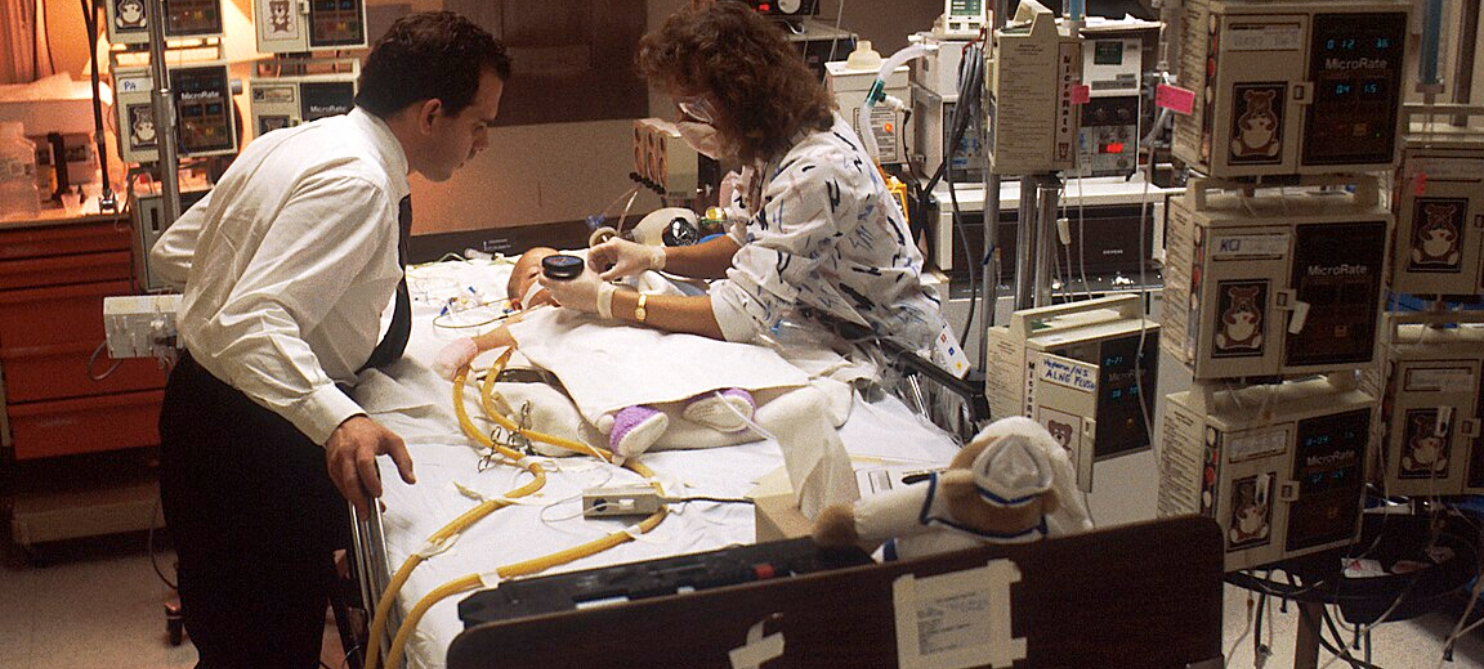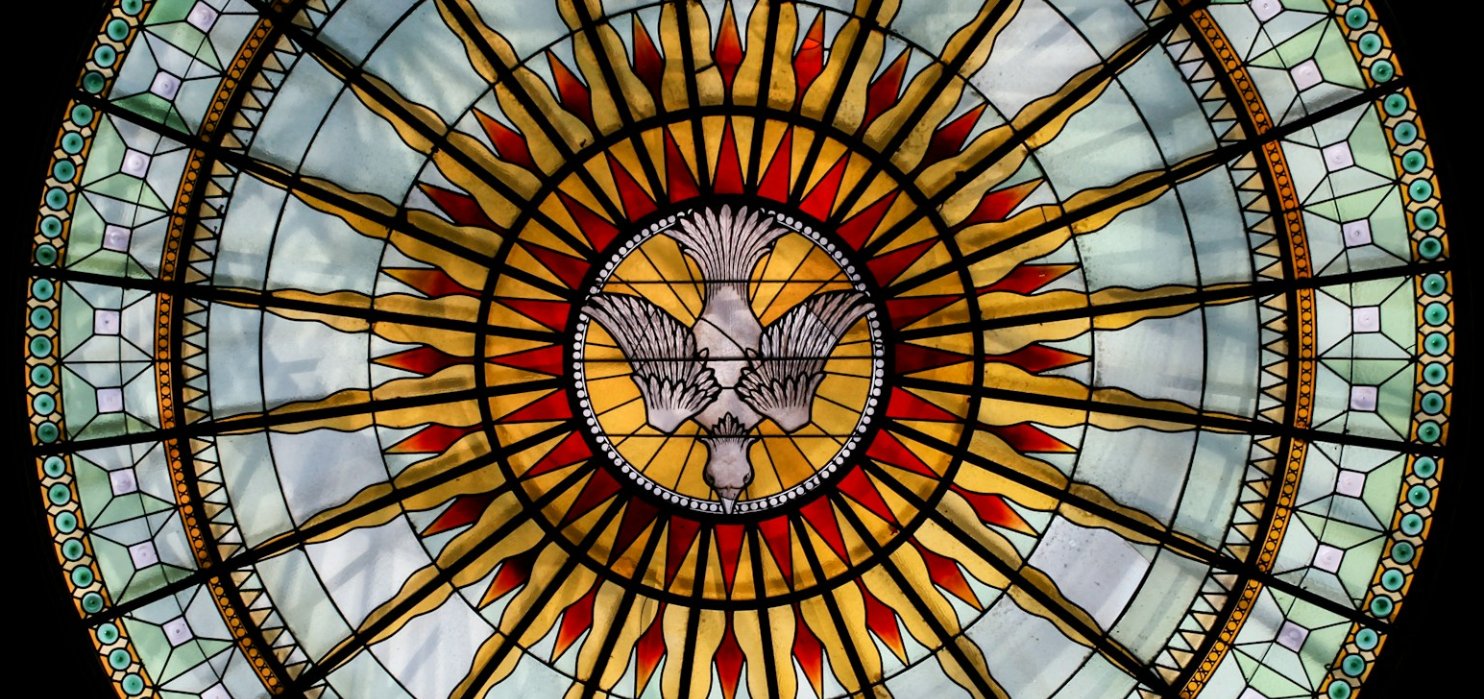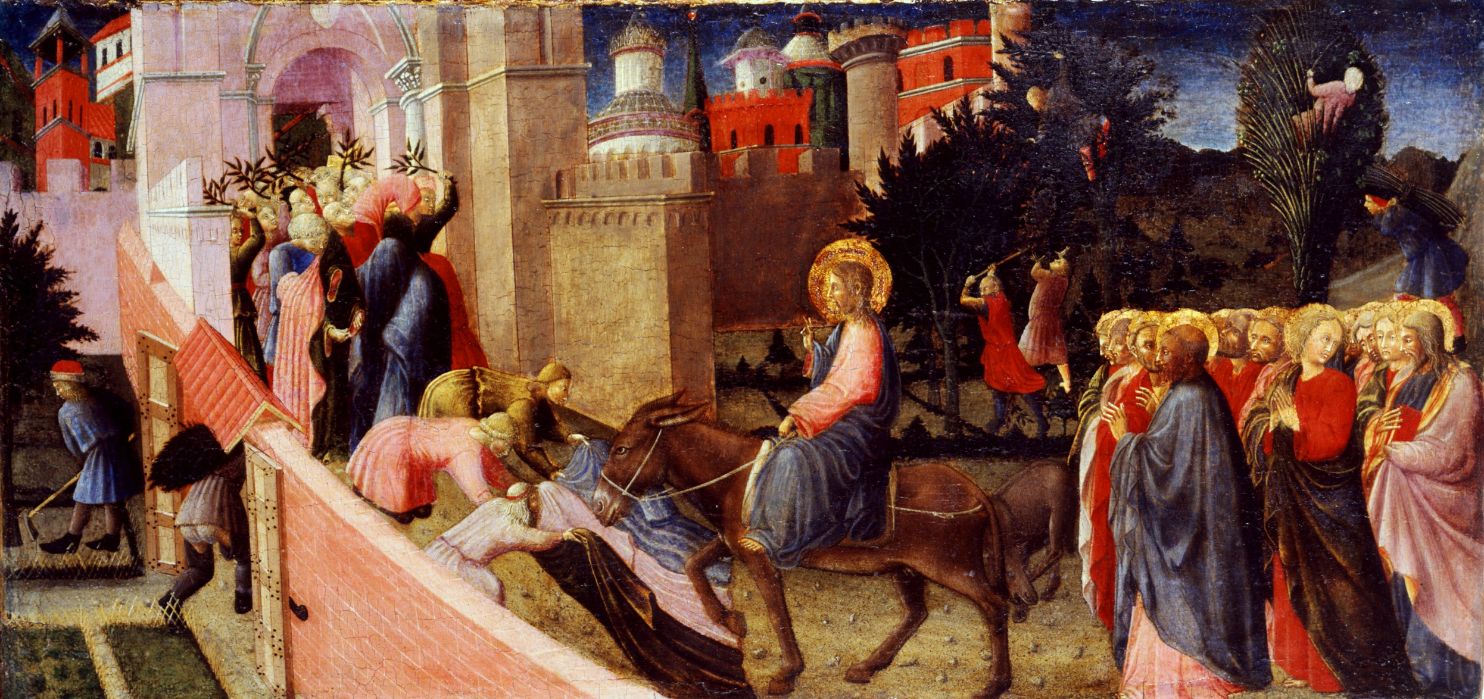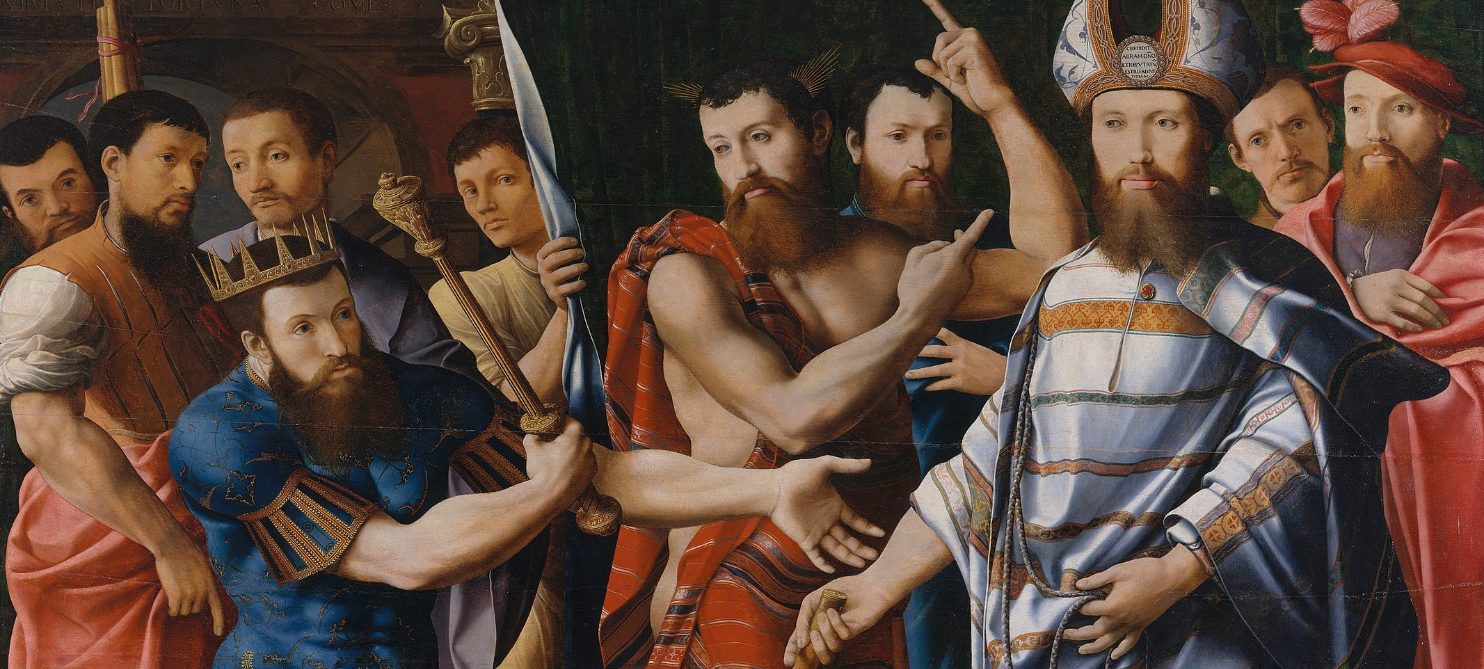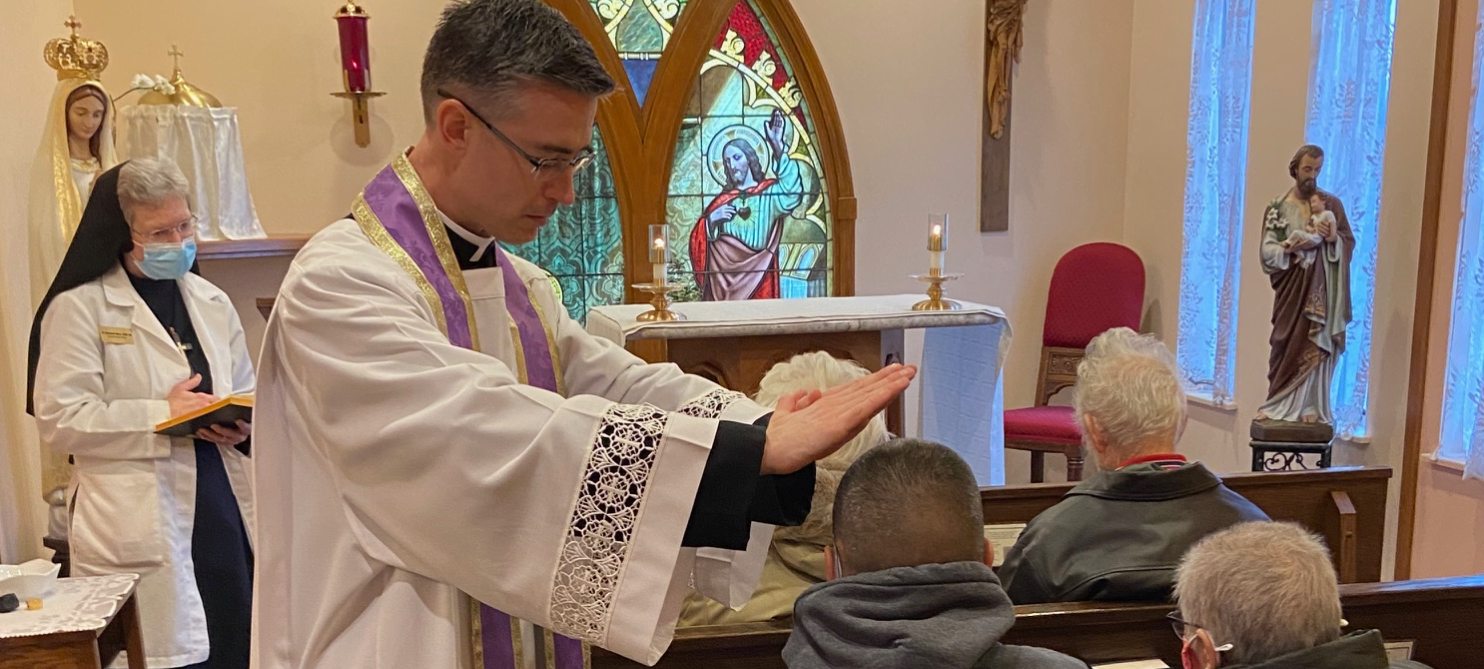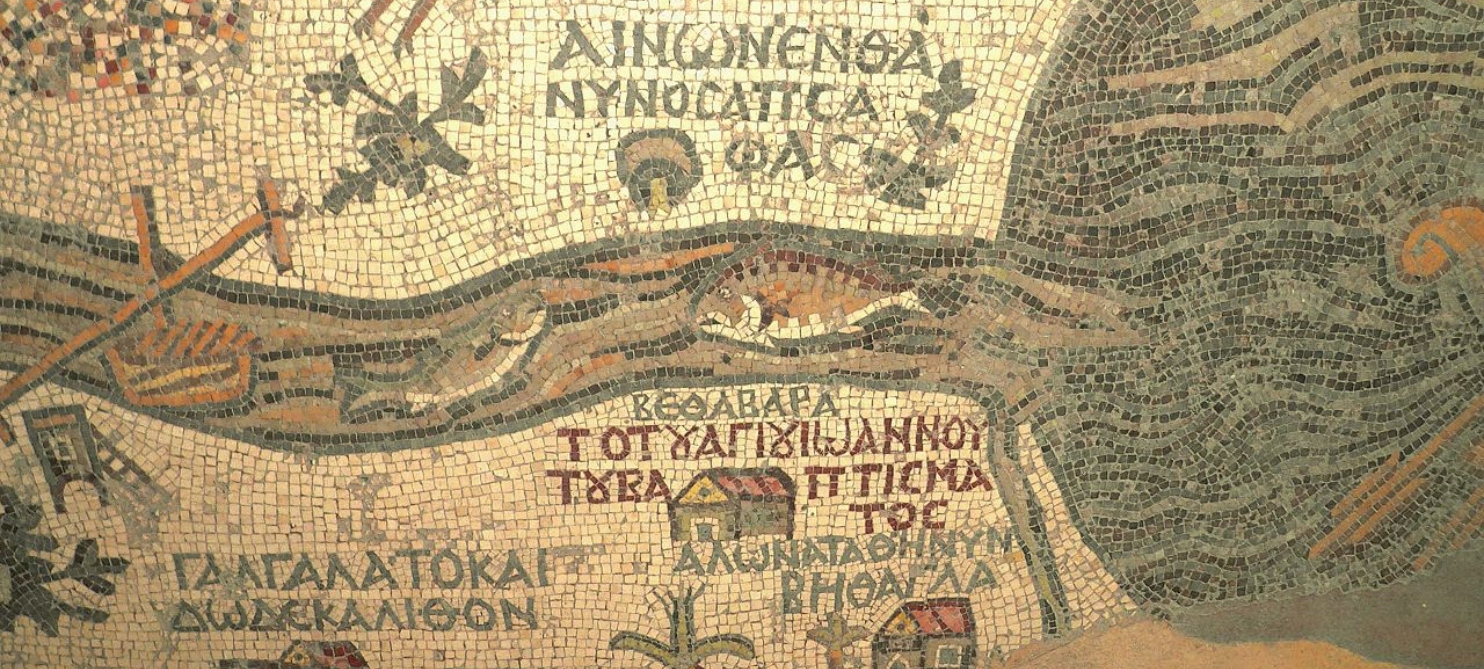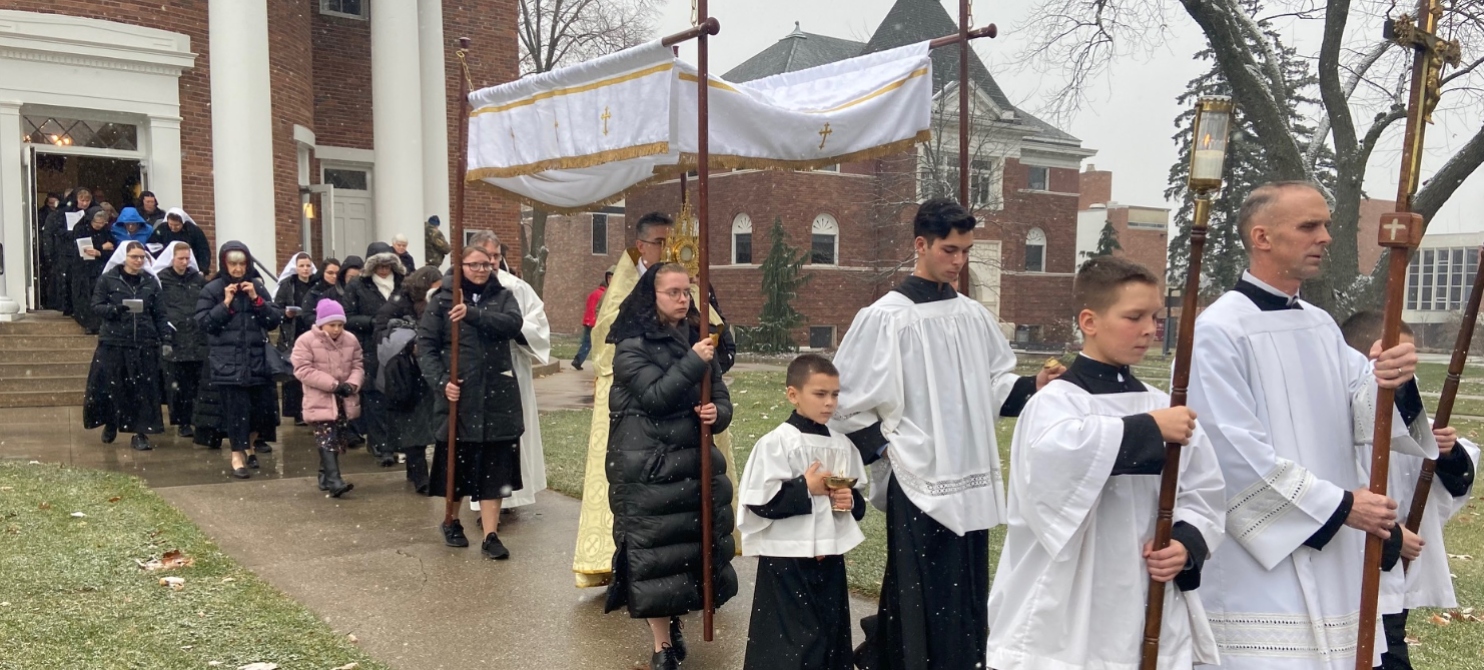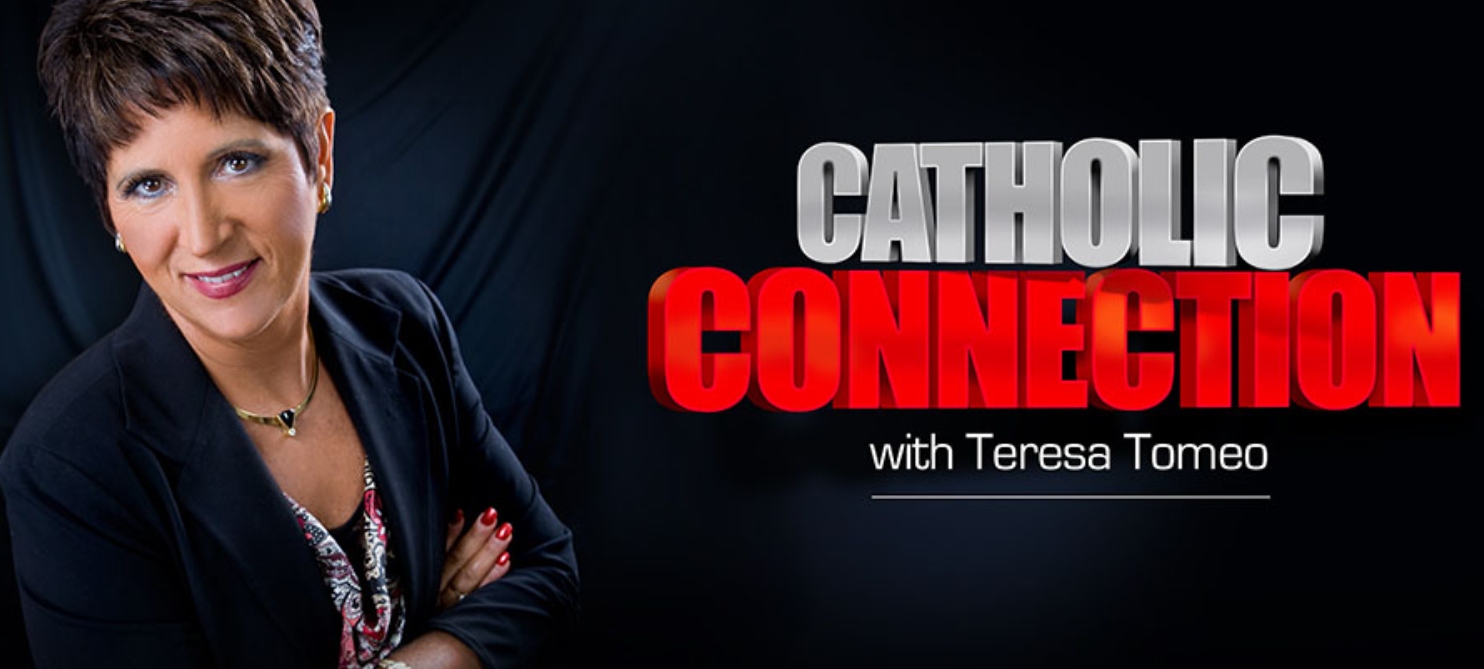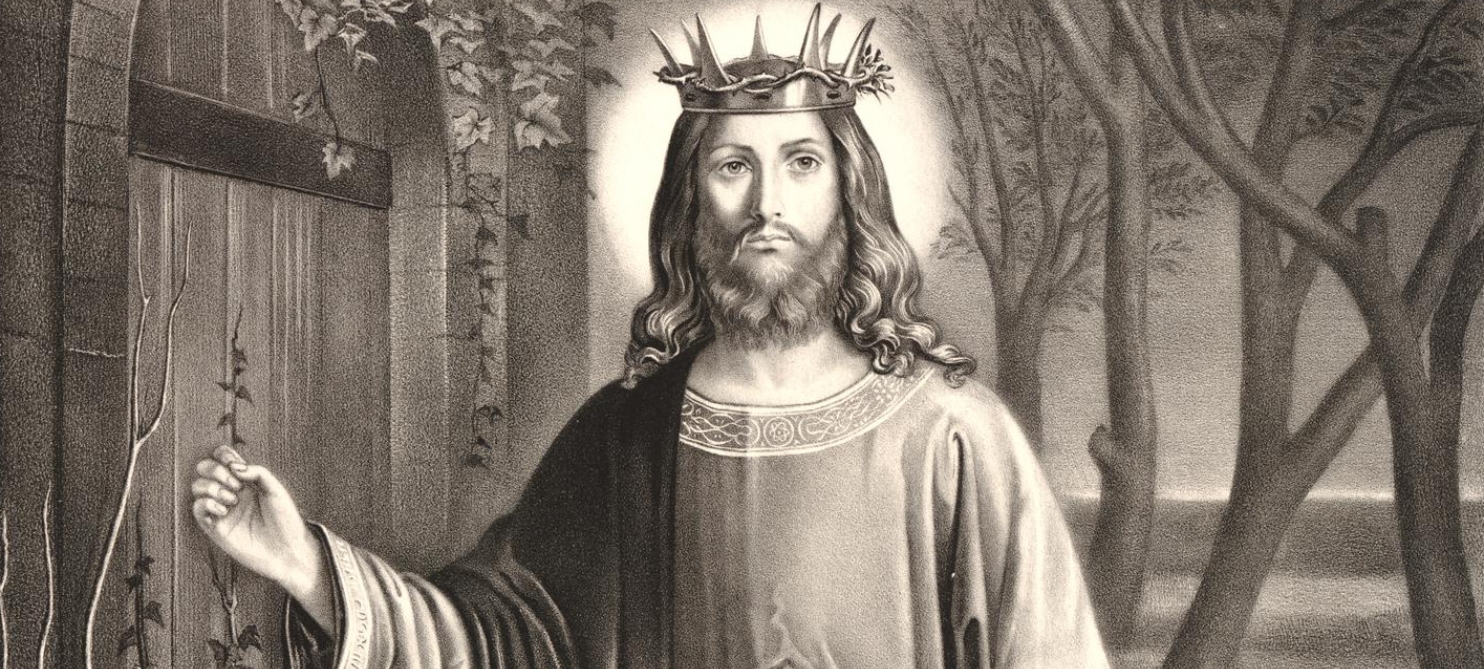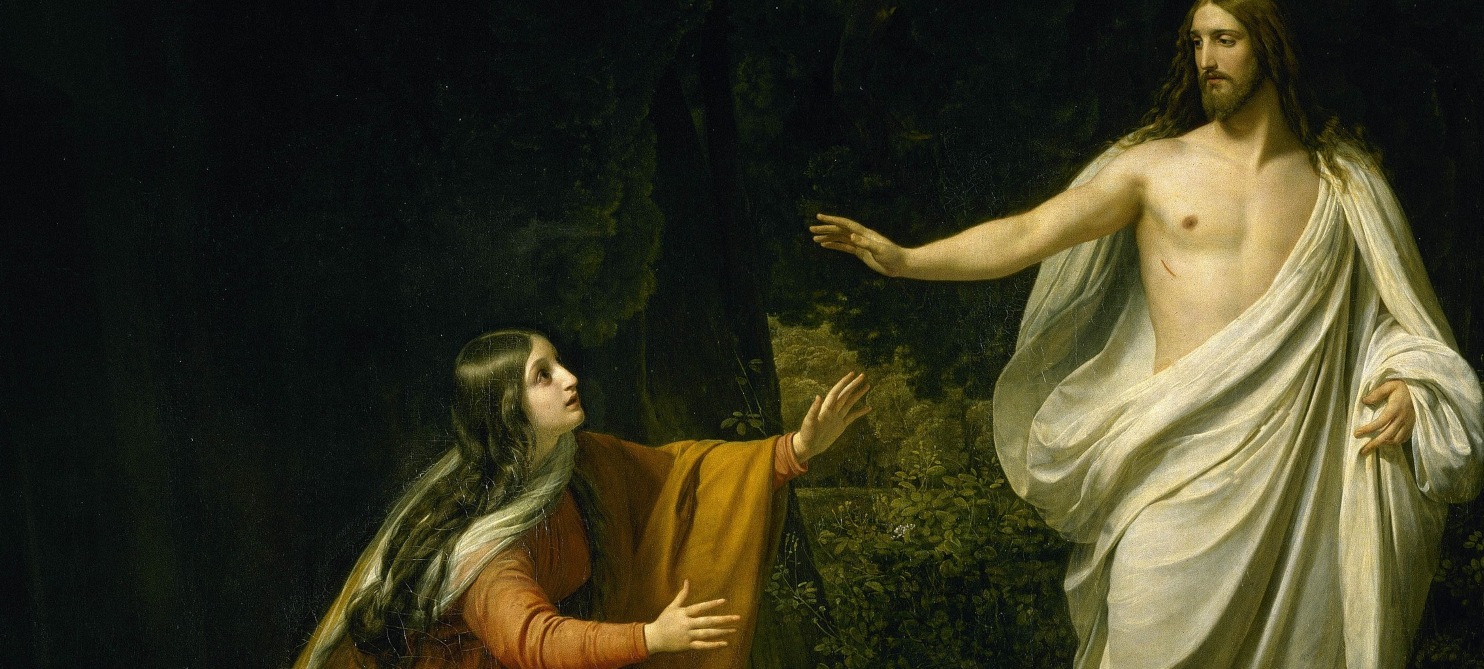As we pass through these days of Lent, the Church places before our eyes the image of the beloved son. First, Abraham is asked to offer Isaac, who is the beloved son of Abraham’s old age. This offering in worship was a holocaust to the Lord, but the angel of the Lord stopped Abraham before the sacrifice was offered. Then, we have the story of another Beloved Son in the revelation of Jesus Christ in the Transfiguration.[i]
Isaac as a “type” of Christ
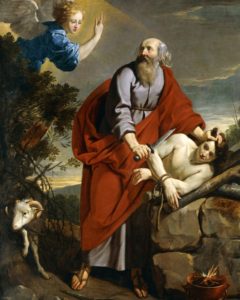
Le Sacrifice D’Isaac | Philippe de Champagne c. 1621–1674
These two stories are related because Isaac is what is called a “type” of Christ. “Type” in this sense means a prefigurement or a person that points to Jesus. In the trial of faith, Abraham is asked for a sign of love and devotion: Will you sacrifice your son for me? Jesus, too, will be sacrificed. Another connection is that both Isaac and the Beloved Son Jesus will be asked to carry the wood for their own sacrifice. As Christians, this becomes important because we have been given the admonition by the Lord to “pick up your cross and follow me.”
As Abraham is willing to offer this sacrifice, he is stopped, and the Lord tells him that he would be blessed for his obedience and his devotion and that God will fulfill every one of his promises.[ii] When we offer ourselves in sacrifice with Christ to the Father, we too receive the ongoing fulfillment of the promises of grace and life in Christ. We become more bound to him and thus more truly free.
Saint Elizabeth of the Trinity: This is how saints are made
We look too much at ourselves; we want to see and understand; we have not enough trust in Him who enfolds is in His love. We must not stand in front of our cross and examine it in itself, but withdrawing into the light of faith, we must rise above it and consider that it is the instrument of divine love. One thing is necessary. Mary hath chosen the better part, which shall not be taken away from her. That better part, which seems to be my privilege in my loved Carmelite solitude, is offered by God to every baptize soul. He is offering it to you, amid your cares and your maternal anxieties. Believe that He desires only to lead you on ever further into Himself. Yield yourself to him, with all your worries…Let us live with God as with a friend; let us quicken our faith by constant communing with Him. This is how saints are made. We carry our heaven about with us, since He who satisfies the glorified soul in the light of vision gives Himself to us in faith and mystery. It is the same thing. It seems to me that I have found heaven on earth, since heaven is God and God is in my soul. On the day I understood that, all became light to me, and I could whisper this secret to those I love, so that they also, whatever may befall them, they may cling ever to God, and that the prayer of Christ may be realised: Father, that they may be made perfectly one![iii]
Pope emeritus Benedict XVI: Finding True Freedom in Christ
And from a portion of the text from the stations of Pope emeritus Benedict XVI, from the 11th Station, Jesus is Nailed to the Cross:
Let us halt before this image of pain, before the suffering Son of God. Let us look upon him at times of presumptuousness and pleasure, in order to learn to respect limits and to see the superficiality of all merely material goods. Let us look upon him at times of trial and tribulation, and realize that it is then that we are closest to God. Let us try to see his face in the people we might look down upon. As we stand before the condemned Lord, who did not use his power to come down from the Cross, but endured its suffering to the end, another thought comes to mind. Ignatius of Antioch, a prisoner in chains for his faith in the Lord, praised the Christians of Smyrna for their invincible faith: he says that they were, so to speak, nailed with flesh and blood to the Cross of the Lord Jesus Christ (1:1). Let us nail ourselves to him, resisting the temptation to stand apart, or to join others in mocking him.
Lord Jesus Christ, you let yourself be nailed to the Cross, accepting the terrible cruelty of this suffering, the destruction of your body and your dignity. You allowed yourself to be nailed fast; you did not try to escape or to lessen your suffering. May we never flee from what we are called to do. Help us to remain faithful to you. Help us to unmask the false freedom which would distance us from you. Help us to accept your “binding” freedom, and, “bound” fast to you, to discover true freedom.[iv]
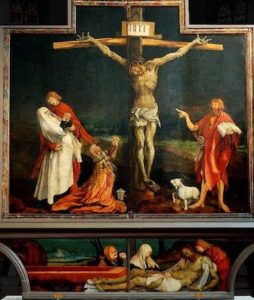
“The Isenheim Altarpiece” | Matthias Grünewald (between 1509 and 1515).”
WAY OF THE CROSS
AT THE COLOSSEUM
MEDITATIONS AND PRAYERS
BY CARDINAL JOSEPH RATZINGER
GOOD FRIDAY 2005
Image credits:
van Orley, Bernard. “Before the Crucifixion.” Wikimedia Commons. Accessed March 3, 2021. https://commons.wikimedia.org/wiki/File:Bernaert_van_Orley_(c.1488-1492-1541)_-_Before_the_Crucifixion_-_NG_995_-_National_Galleries_of_Scotland.jpg. (Featured Image)
de Champaigne, Philippe. “Le Sacrifice D’Isaac.” Wikimedia Commons. Accessed March 3, 2021. https://commons.wikimedia.org/wiki/File:Philippe_de_Champaigne_-_Le_sacrifice_d%27Isaac.jpg.
Grünewald, Matthias. “The Isenheim Altarpiece (between 1509 and 1515).” Wikimedia Commons. Accessed March 3, 2021. https://commons.wikimedia.org/wiki/File:Grunewald_Isenheim1.jpg.
[i] “Second Sunday of Lent: Cycle B | Readings.” United States Conference of Catholic Bishops. Accessed February 28, 2021. https://bible.usccb.org/daily-bible-reading. Gn 22:1-2, 9a, 10-13, 15-18; Mk 9:2-10
[ii] Ibid.
[iii] “Reminiscences of Sister Elizabeth of the Trinity: Appendix IV.” Essay. In Reminiscences of Sister Elizabeth of the Trinity, 255. Westminster, MD: Newman Press, 1952.
[iv] “Jesus Is Nailed to the Cross.” Vatican. Libreria Editrice Vaticana , 2005. http://www.vatican.va/news_services/liturgy/2005/via_crucis/en/station_11.html.
Posted March 3, 2021


